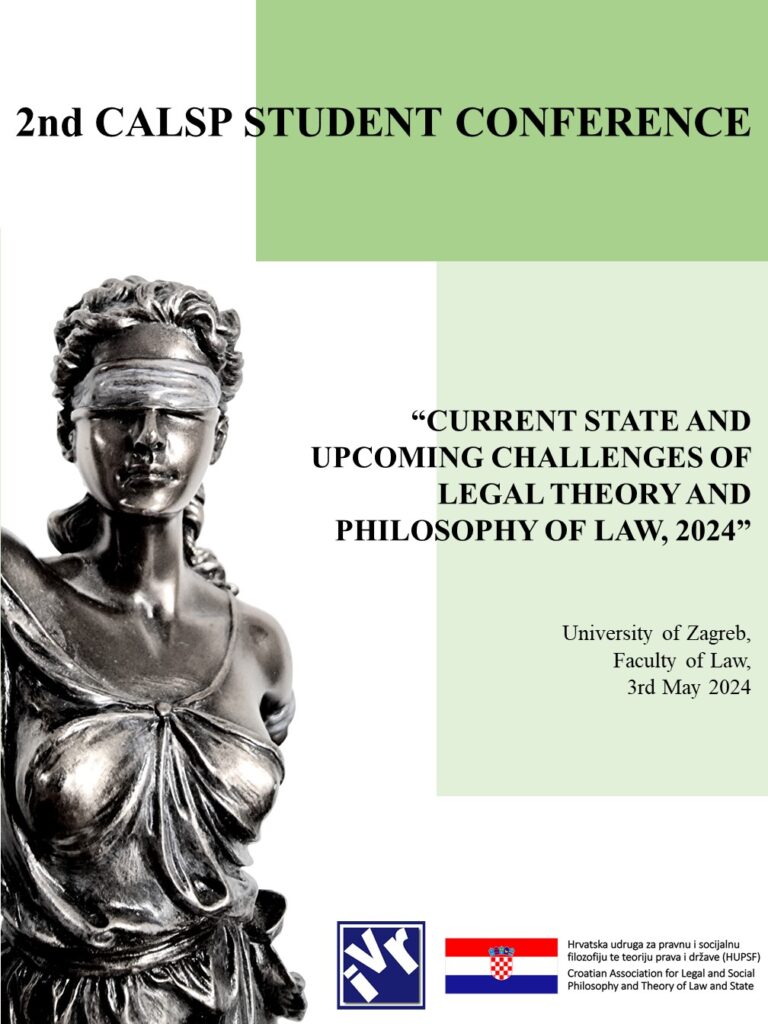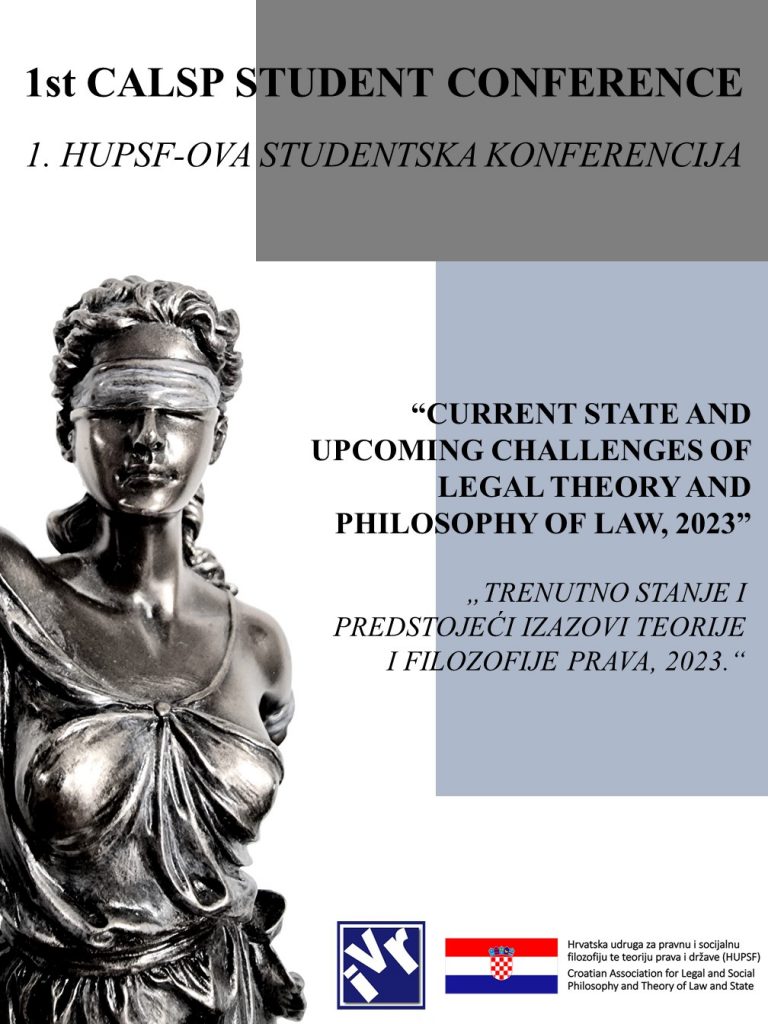Legal Culture and Identity in Central and Eastern Europe
The 14th CEE Forum of Young Legal, Political and Social Theorists Conference is to take place at Eötvös Loránd University, Budapest, on 6-7 October 2022.
We welcome contributions that engage these topics from a complex socio-legal perspective:
Theories of legal culture in Central and Eastern Europe
Characteristics of Central and Eastern European legal cultures
Experiences of periphery and its impact on social theory
Central and Eastern Legal Family: myth or reality
Experiences of Empire and Socialist law in Central and Eastem Europe
Central and Eastern European constitutional identities
We also welcome papers sharing a similar methodological focus on related topics for an open panel. The conference language is English. Please submit an abstract of 500-700 words vía EasyChair at https://easychair.org/conferences/tconf-14thceeforumconferen no later than 10 July 2022. We will communicate acceptance of papers by 30 July 2022. If you would ike to participate without submitting a paper (but with meals and conference materials included) please contact us directly at the address below.
The conference fee for all participants is 100 EUR, which covers conference material, drinks and snacks during the breaks, as well as lunch meals. We kindly ask participants to make arrangements and pay for their travel and accommodation individually. We will distribute information on lodging and directions as well as payment instructions for the accepted participants via email and through the conference website.
After the conference, selected participants will be invited to submit their papers for publication in a volume of the conference proceedings, our Central and Eastern European Forum for Legal Political, and Social Theory Yearbook.
The conference is organised by the Bibo István College for Advanced Studies of Eötvös Loránd University, Budapest. The conference venue is the newly refurbished building of the College located in the centre of Budapest. All questions about submissions should be emailed to the conveners, Marton Matyasovszky Németh and Aron Fabian, to konferencia@bibokoll.elte.hu.
An extensive call for papers can be found here.


